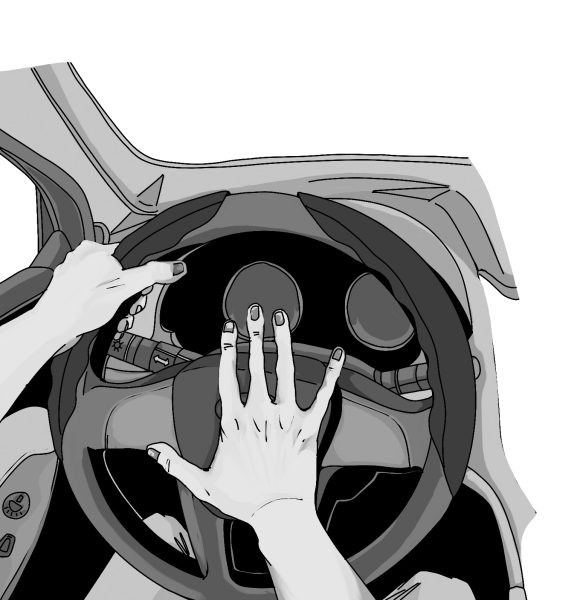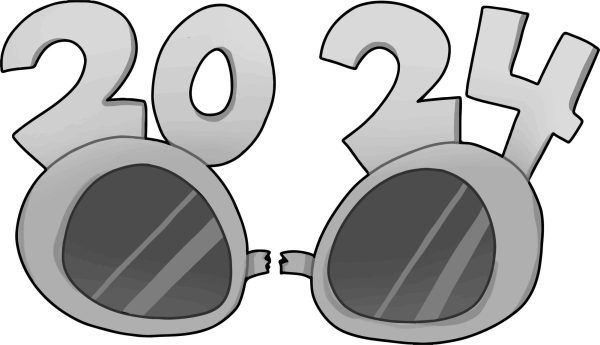Cheating: why do we do it?
May 11, 2017
We all know the routine. One daring student sneaks a picture of the anxiously awaited-for exam after the teacher does phone checks. After the test, that student then sends it off to every person in their contact list, who then all get As after finding a Quizlet with the correct answers to it online – all happening right beneath the teacher’s nose.
What began as a scandalous, immoral taboo has become a commonplace method of “achieving” the grades that students desire. Though the school rigorously enforces policies of academic integrity (as they should), the consequences of breaking these rules seem almost trivial to students in the face of getting an A on that test they’ve been especially nervous for, which in turn will boost their GPA, which in turn will make them more appealing to colleges, which in turn will give them access to more scholarship money, and so forth.
While cheating should not be encouraged and can never be justified, it can be understood and explained. Indeed, much of the blame falls upon the students who perpetuate this cycle of academic dishonesty, as it can oftentimes only be attributed to their own laziness and lack of motivation to work for the good grade; however, a point can be made on behalf of these cheating students – that they are simply victims of a point-oriented academic culture.
With the virtually unparalleled prominence of standardized testing as well as a points system used to measure success, one cannot be surprised that the students subject to this culture will stop at nothing to achieve that success. Students cheat simply because they feel the need to do so in order to succeed; because a culture of quantitative academics has shown them that the scores are what matter, rather than an enriching, qualitative academic experience. Society tells us that as long as we have high SAT scores and a high GPA, we’ll be all set for the future, no matter what it takes to get there…even if it means sacrificing our comprehensive, understanding of a concept and sacred academic integrity.
Thus, if we want students to stop cheating, let’s make it so that they don’t feel the need to in the first place. This can be accomplished through a more personalized educational experience, with more quality, one-on-one time spent with teachers and more of a holistic applicant review when it comes to college admissions. If we can do this, we can put integrity back into academics – and that’s something that can’t be taught.












